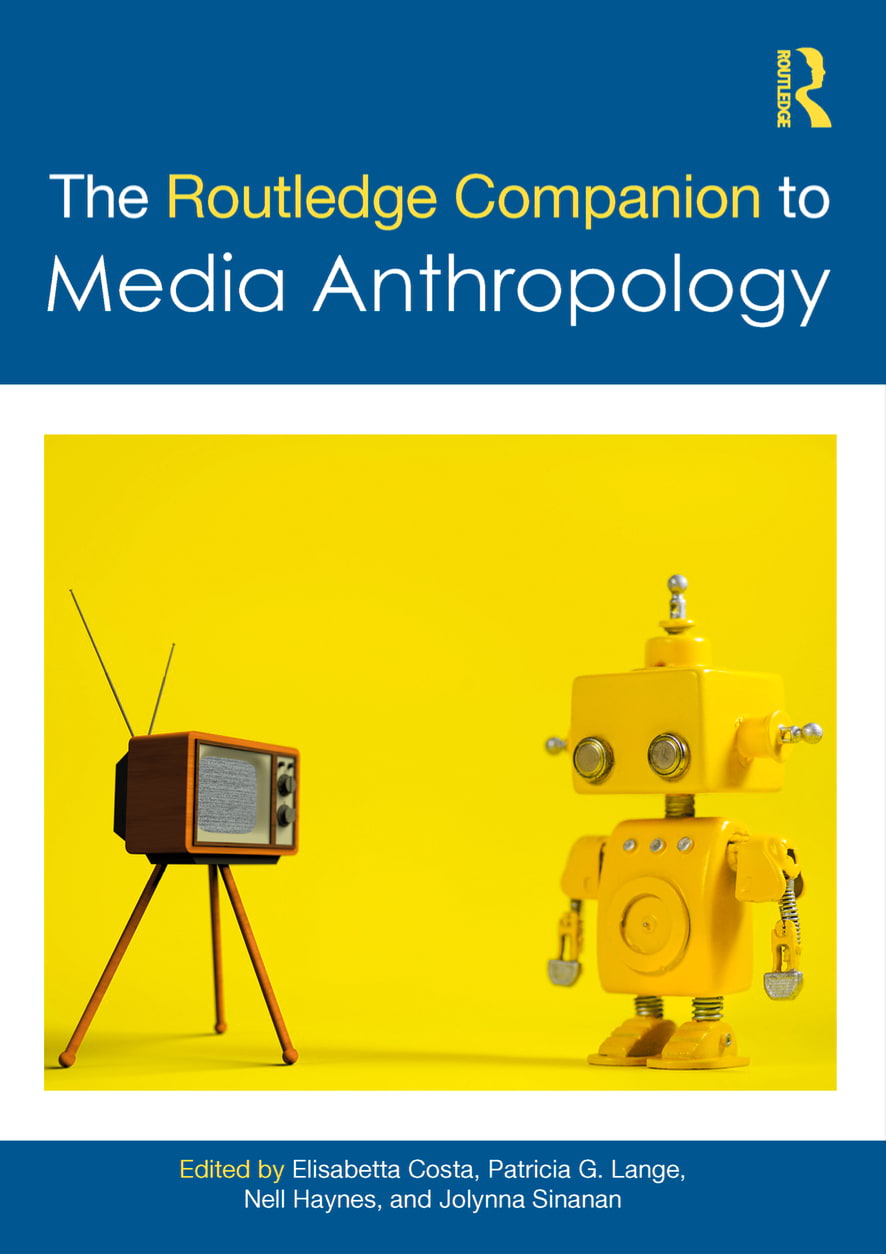
If I Could Talk to the Algorithm
In the film Doctor Dolittle (1967), the title character yearns to “Talk to the Animals,” as the song goes, to understand their mysterious and often vexing ways. It is interesting to observe a similar impulse to understand and communicate with algorithms, given their current forms of implementation. Recent research shows that intense frustration often emerges from algorithmically driven processes that create hurtful identity characterizations. Our current technological landscape is thus frequently embroiled in “algorithmic dramas” (Zietz 2016), in which algorithms are seen and felt as powerful and influential, but inscrutable. Algorithms, or rather the complex processes that deploy them, are entities that we surely cannot “talk to,” although we might wish to admonish those who create or implement them in everyday life. A key dynamic of the “algorithmic drama” involves yearning to understand just how algorithms work given their impact on people. Yet, accessing the inner workings of algorithms is difficult for numerous reasons (Dourish 2016), including how to talk to, or even about, them. (read more...)
